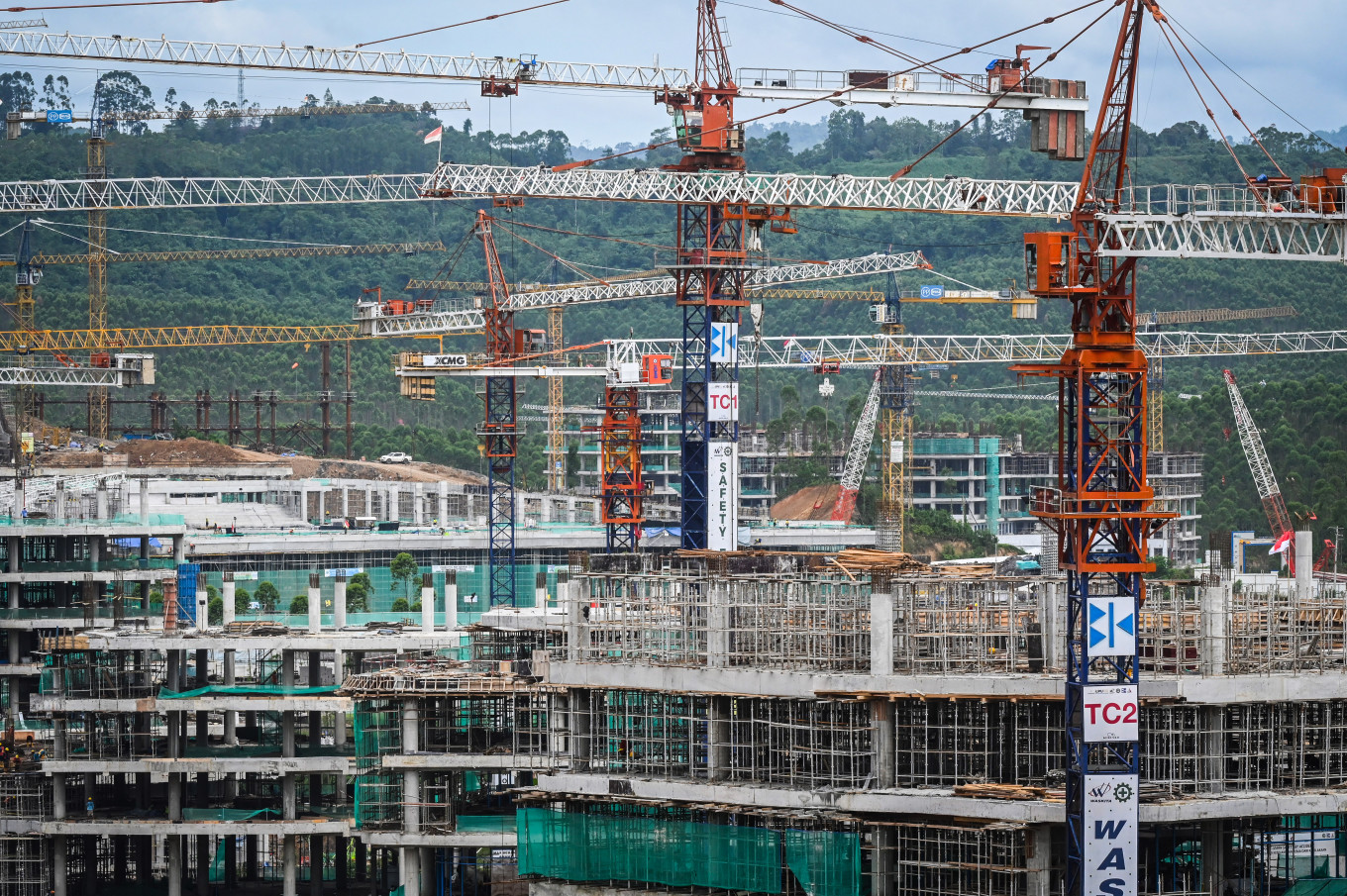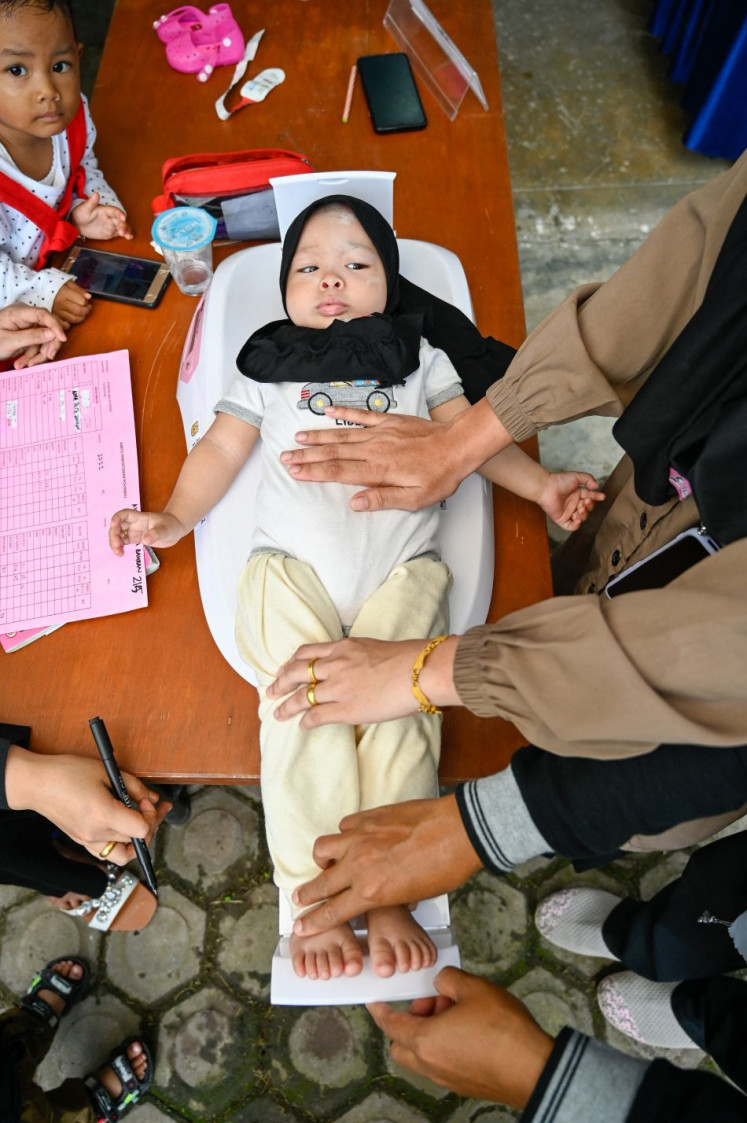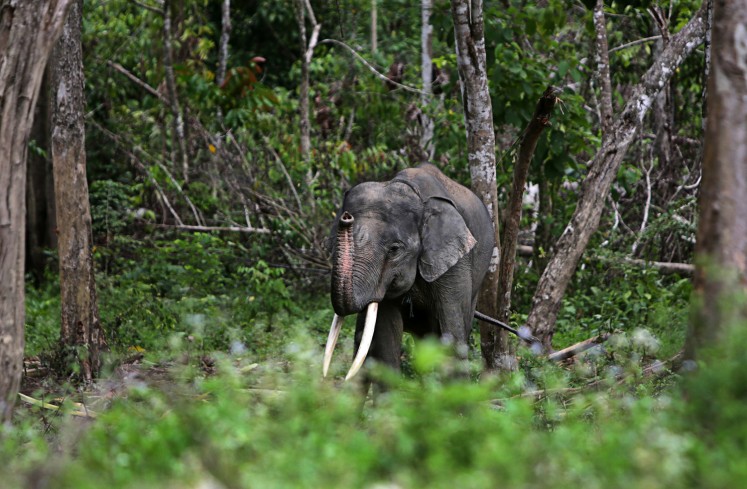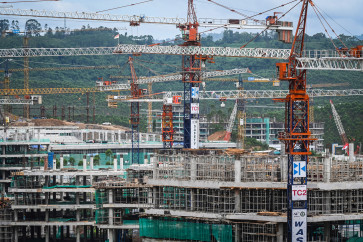Popular Reads
Top Results
Can't find what you're looking for?
View all search resultsPopular Reads
Top Results
Can't find what you're looking for?
View all search resultsNusantara capital city land clearance scares native inhabitants, investors
Although many investors have claimed to have sent letters of interest, they appear to be more inclined to wait and see the project's progress.
Change text size
Gift Premium Articles
to Anyone
N
o foreign investors have invested in the Nusantara Capital City (IKN) project. Although many investors have claimed to have sent letters of interest, they appear to be more inclined to wait and see the project's progress. One point that has drawn attention is the unresolved land acquisition issues leading to land conflicts between the state and affected communities. The recent maltreatment of the Indigenous people is just one example.
Despite all-out efforts by the government to attract investors' attention to the project, they will face significant challenges. Few individuals would dare to invest in land embroiled in conflict. Investors adhere to increasingly stringent Environmental, Social, and Governance (ESG) standards, especially in developed countries. Thus, land conflicts will significantly influence investors’ commitment to participate in the IKN development process.
The recent plan of the IKN Authority to evict indigenous inhabitants who have resided for a long time in the designated capital city has sparked controversy because it reminds people of the common practices during
Soeharto’s 32-year ruling in the name of national development. The same dirty tactics were used a few months ago on Rempang Island in Riau, although the local inhabitants have lived there for generations.
On March 8, hundreds of residents attended an invitation for “socialization” from the Authority. The meeting concluded after attending residents protested the unilateral decision of the authority body to demolish their homes.
Villagers in the vicinity of the IKN, such as Bumi Harapan, Pemaluan, Tengin Baru, and Suka Raja villages, received warning letters from the IKN Authority. The issuance of these warning letters is justified by the claim that the residential houses of the community are situated within the IKN region and are required to relocate immediately.
About 20,000 indigenous peoples from 21 indigenous communities live in the area. They have lived and sustained their daily livelihoods from the natural resources surrounding their settlements for many years. The indigenous or local communities have traditionally occupied the physical land without any dispute before the IKN project claimed the area.



















